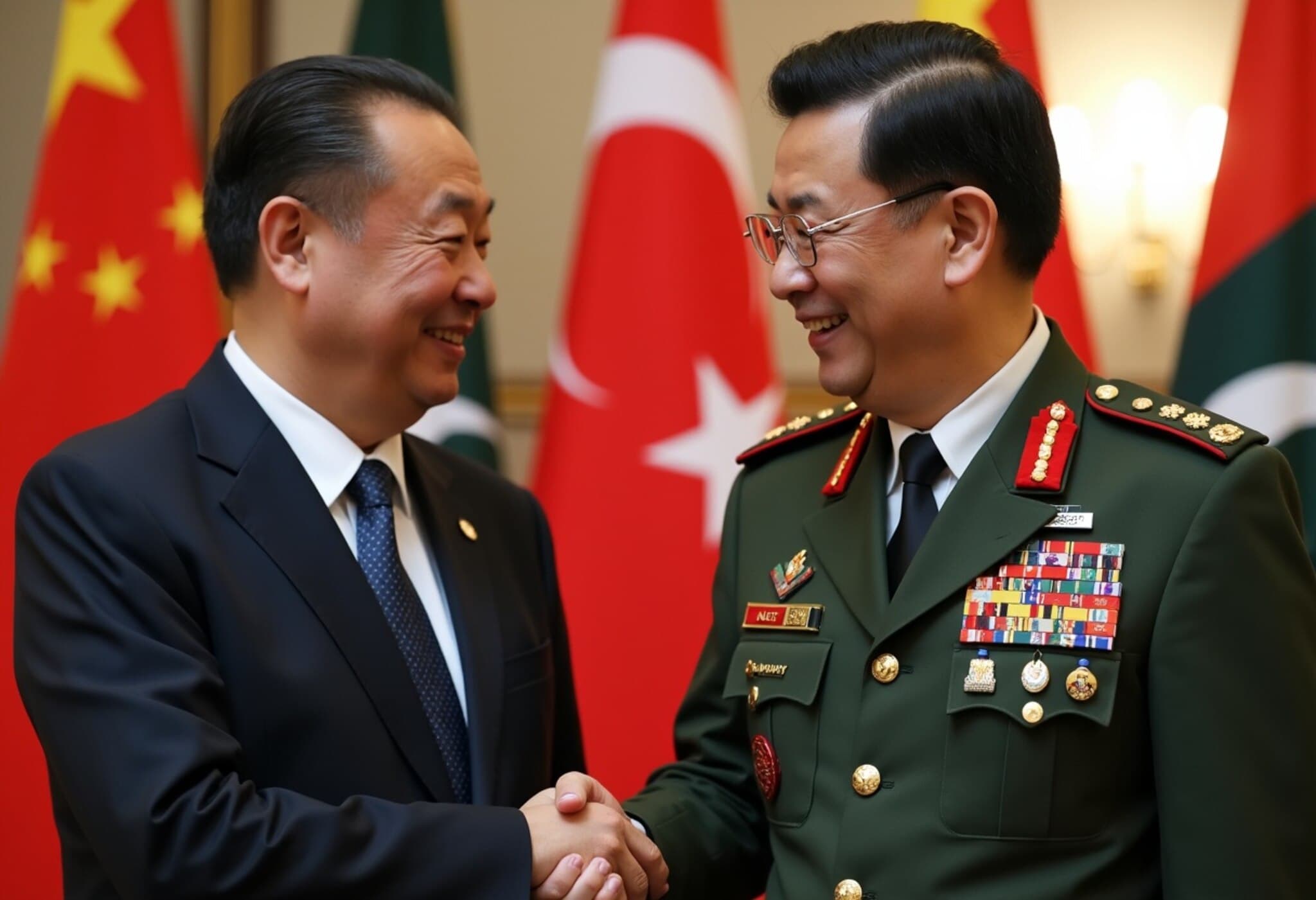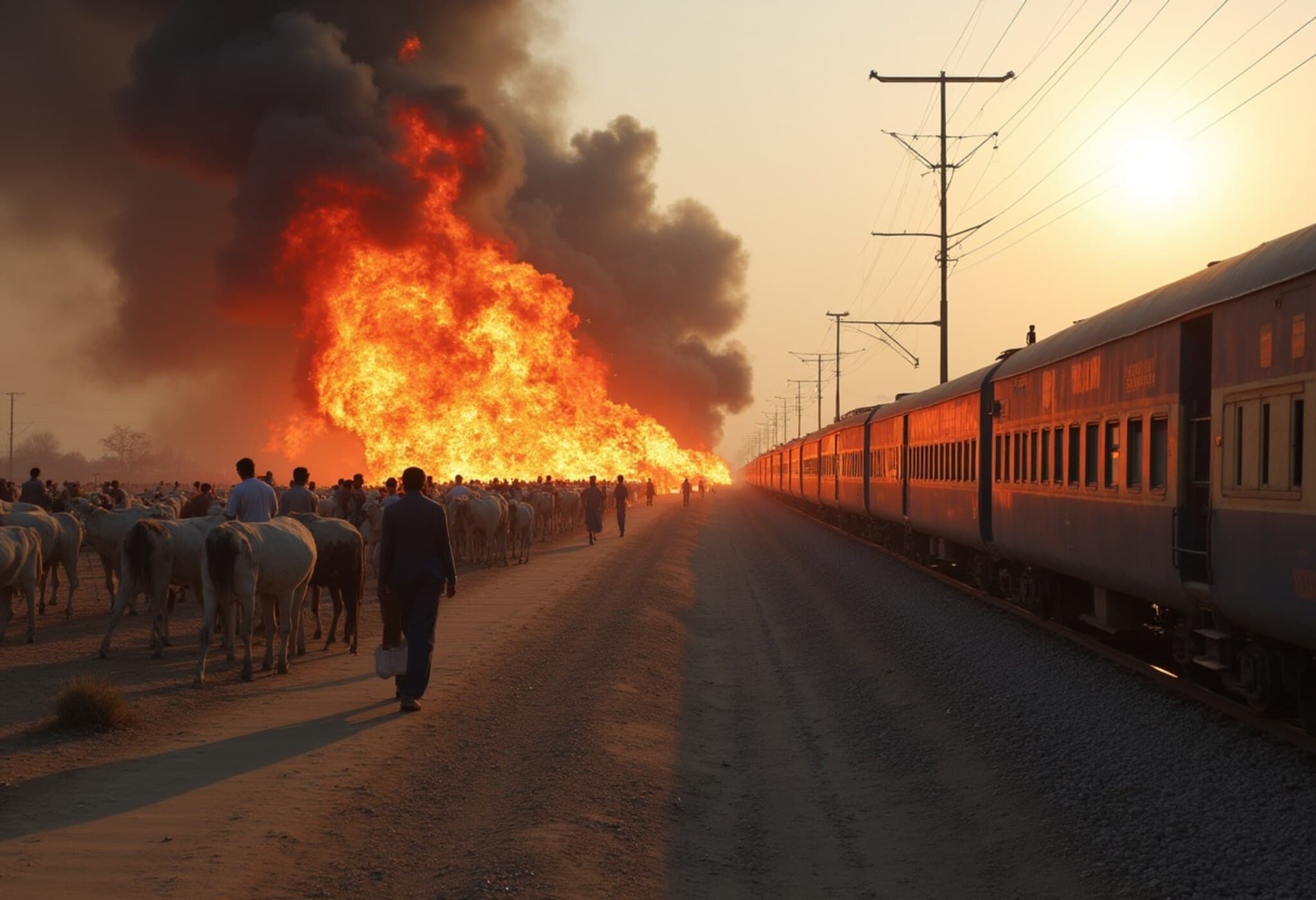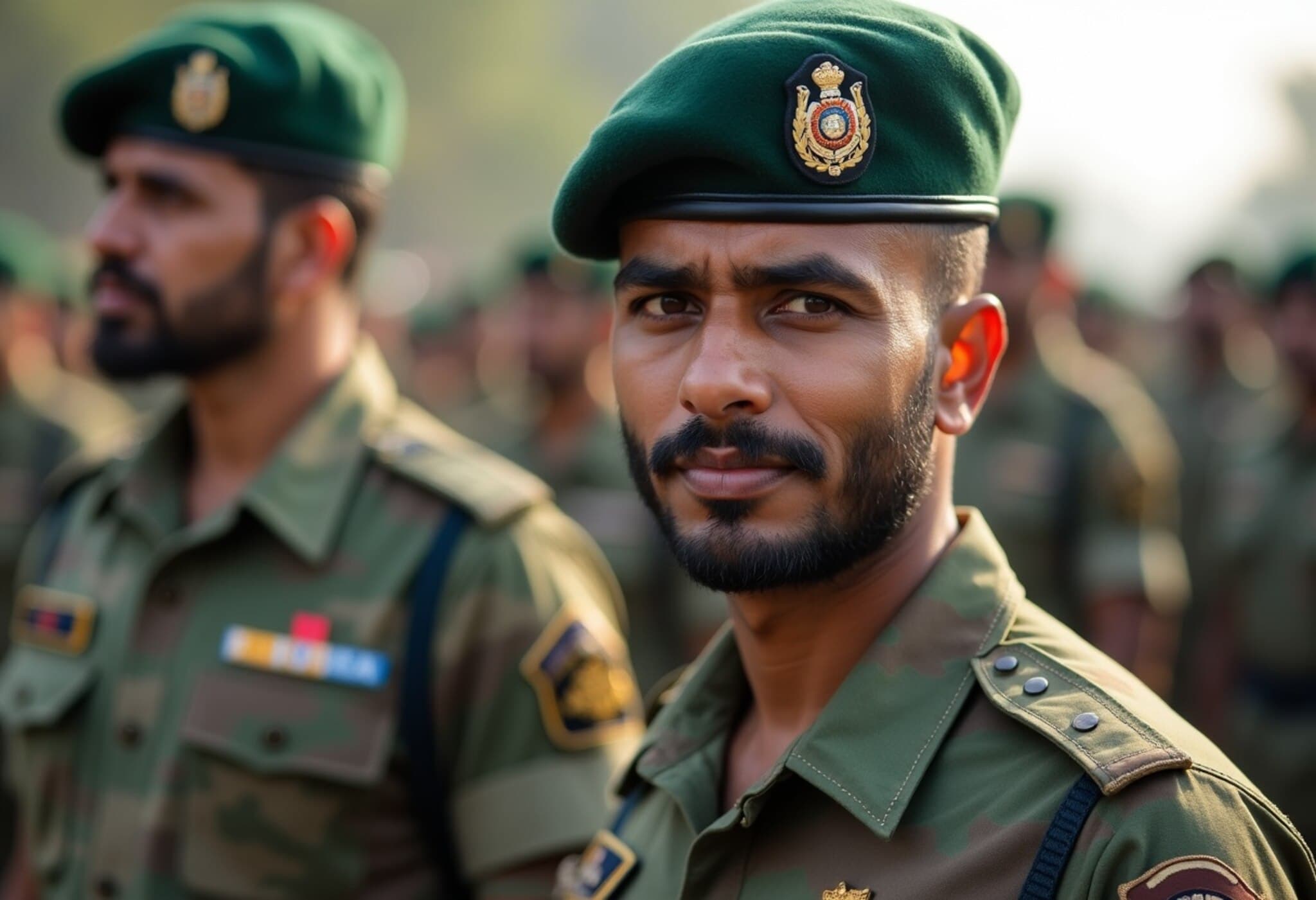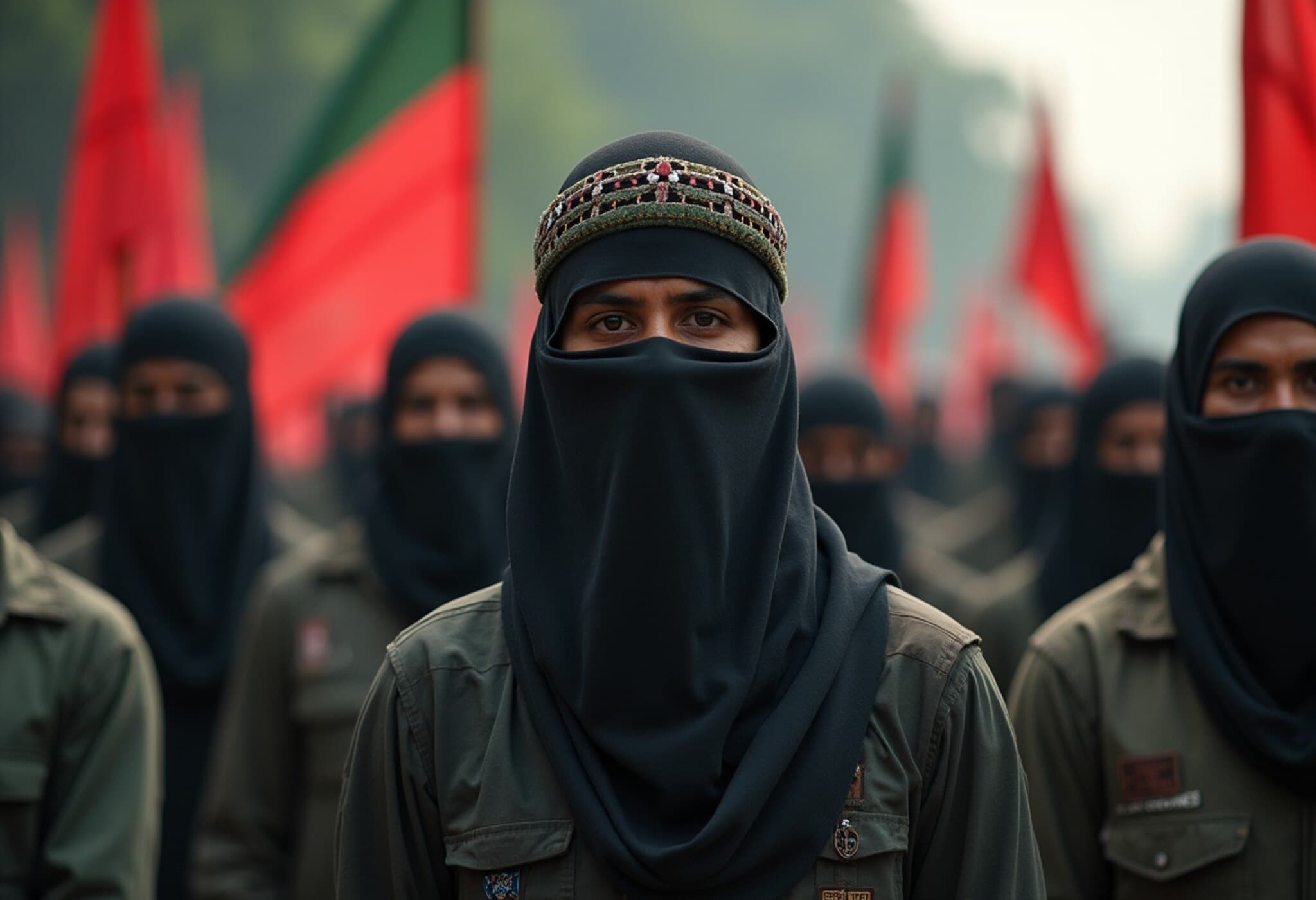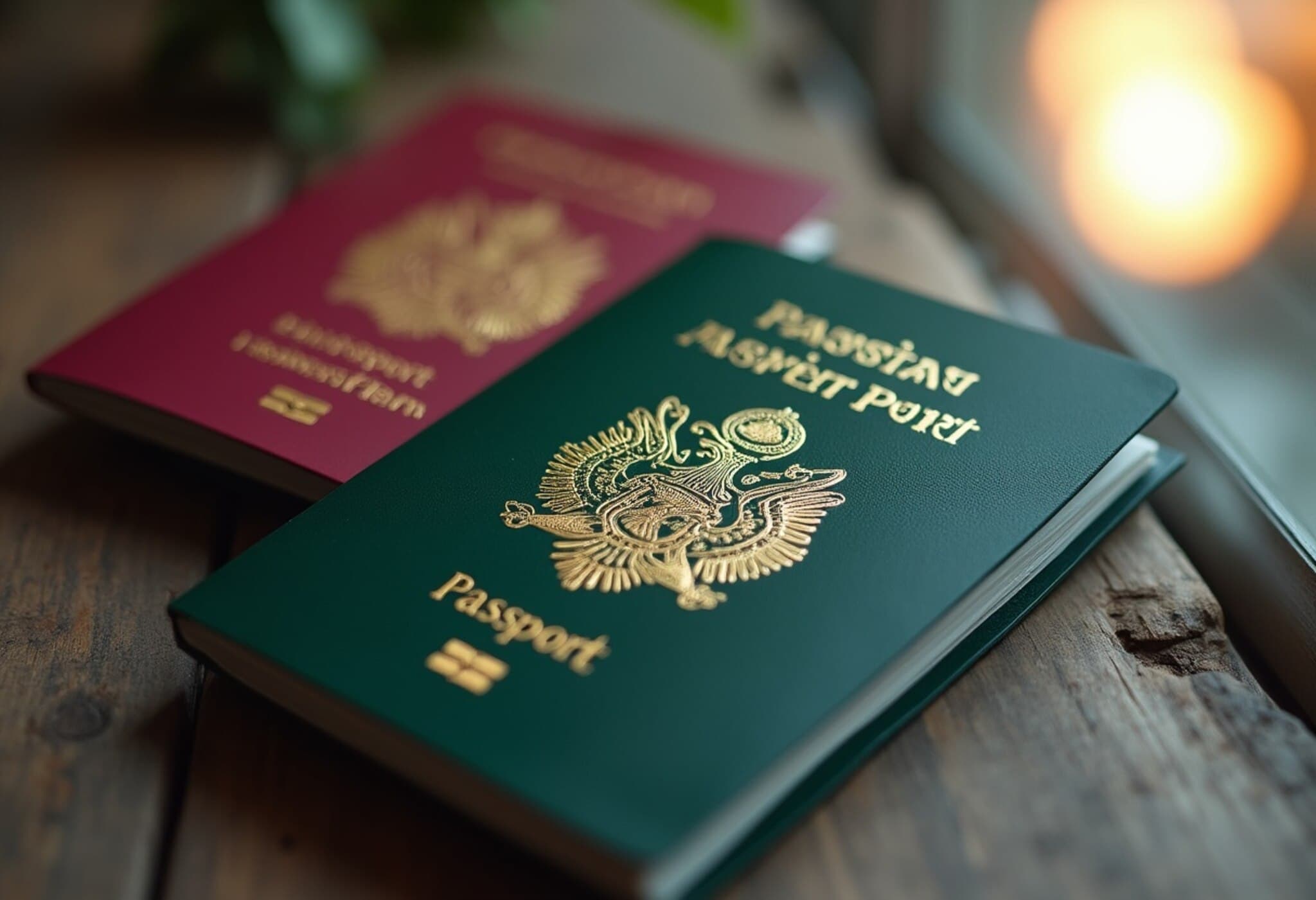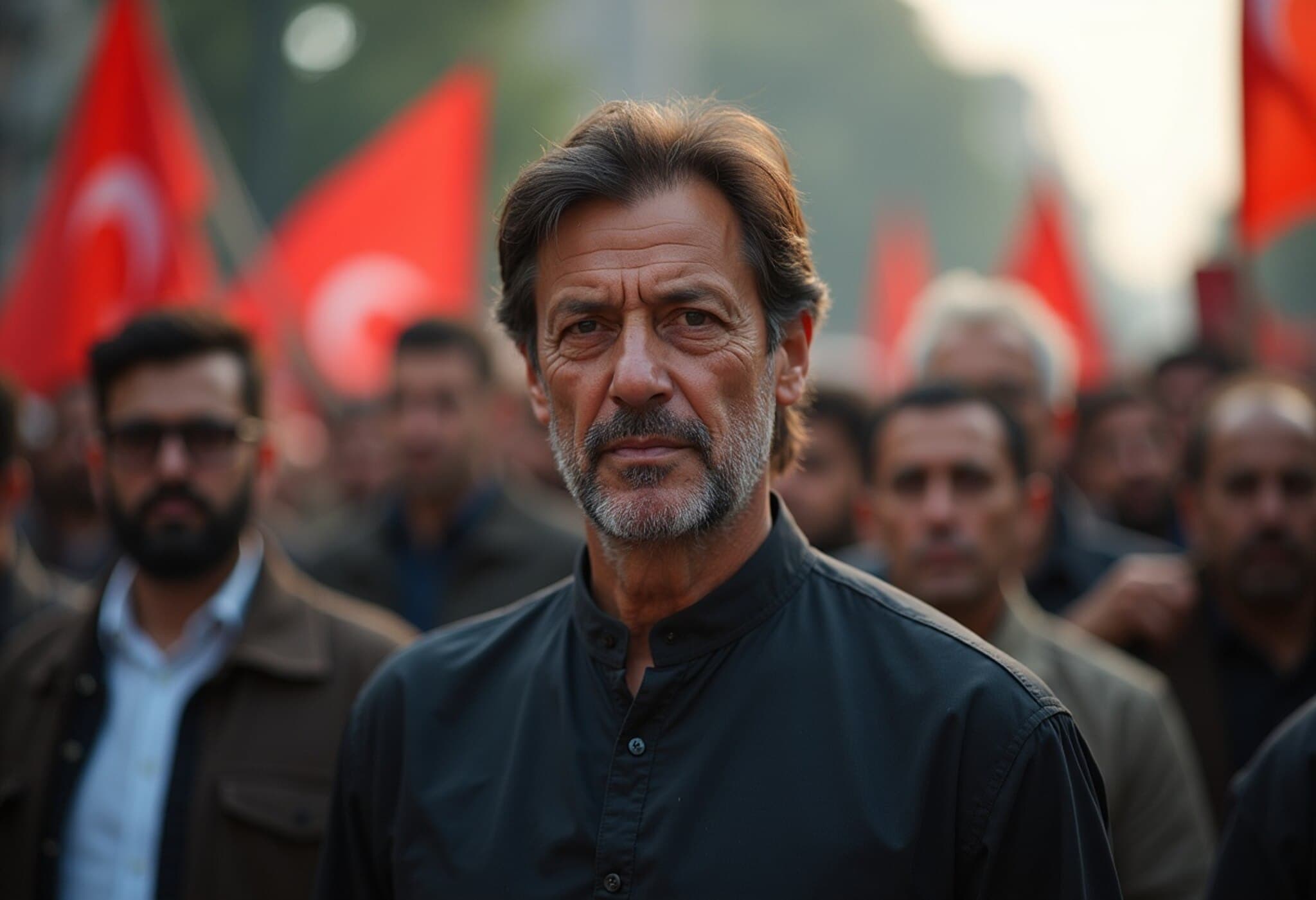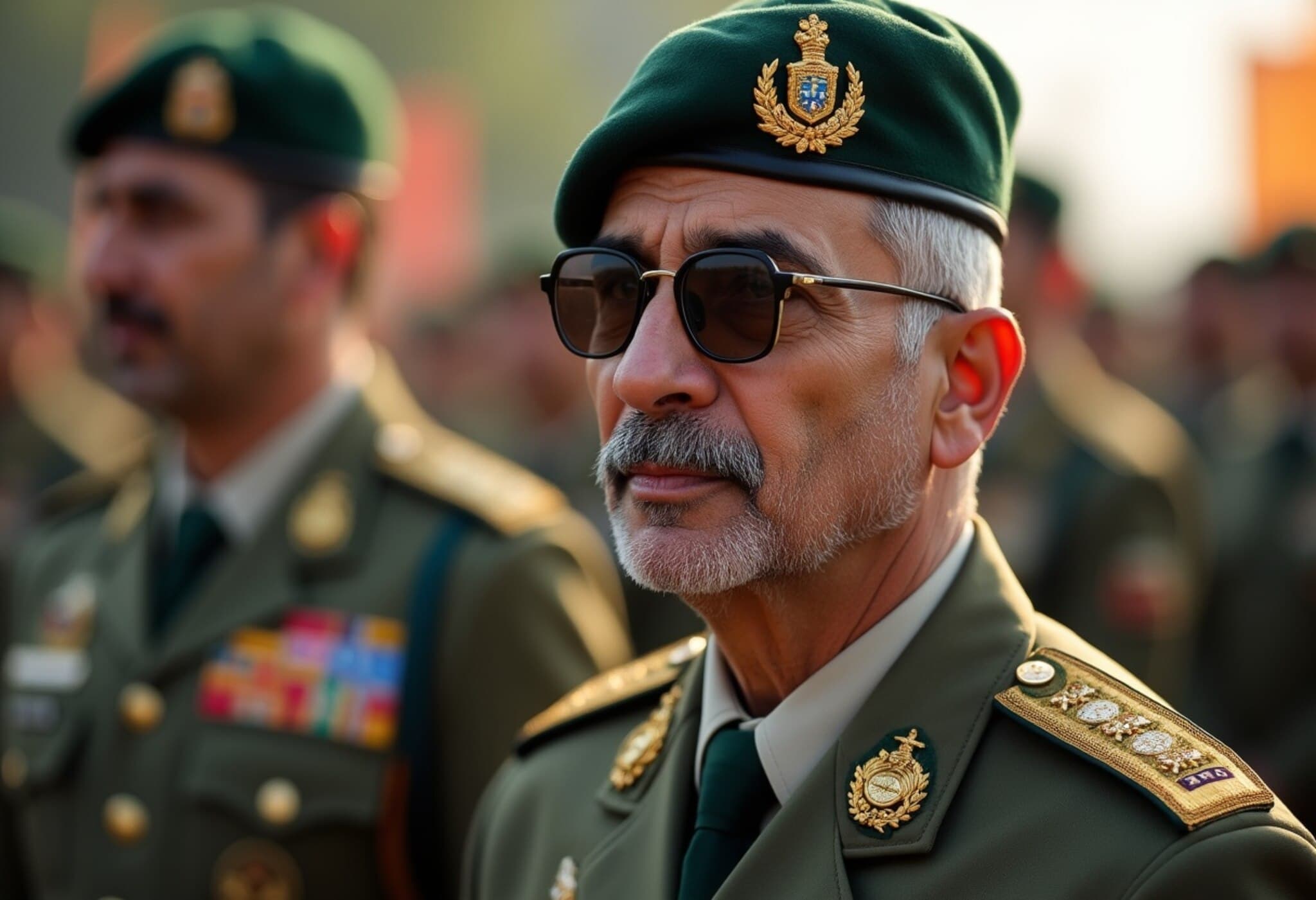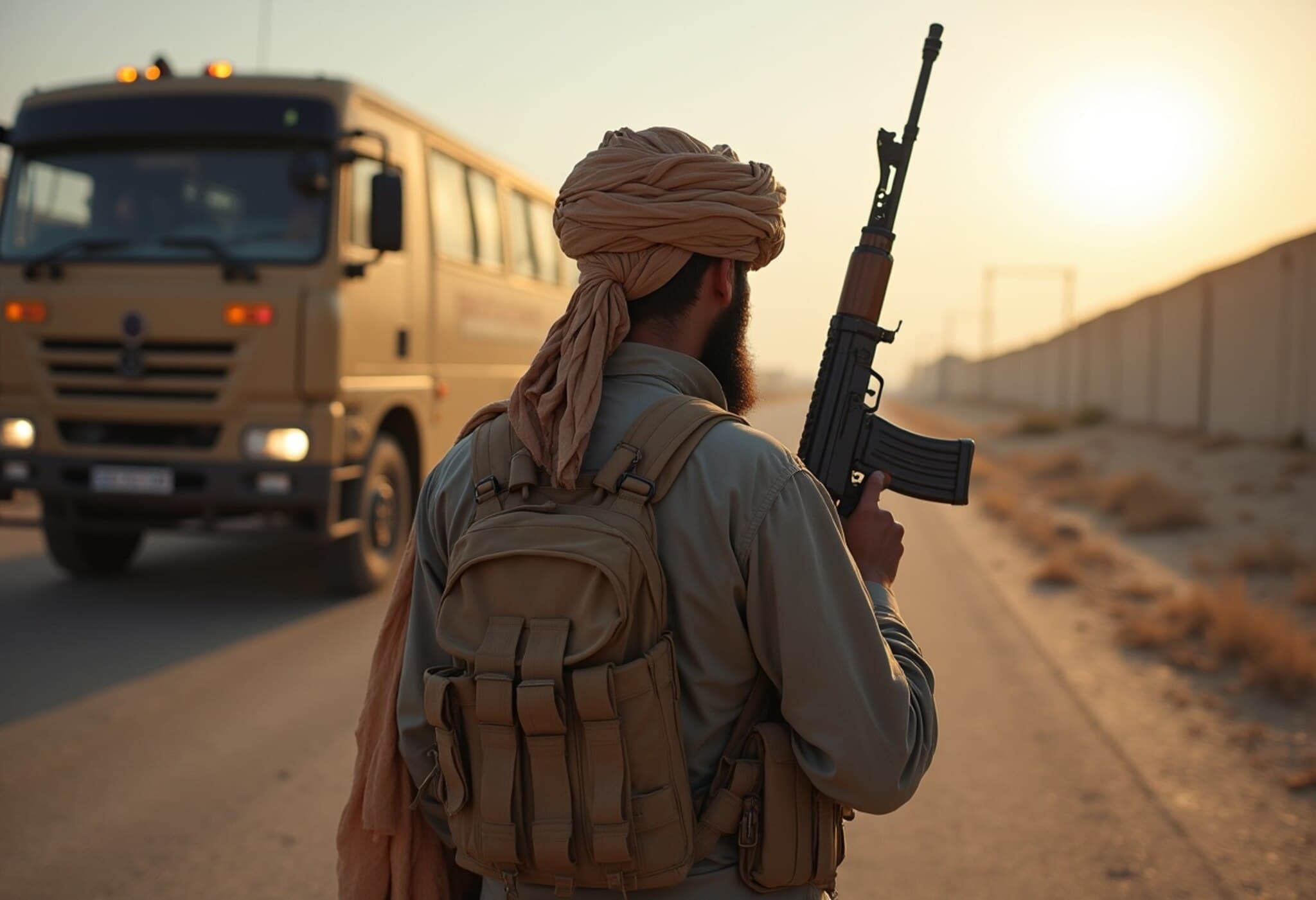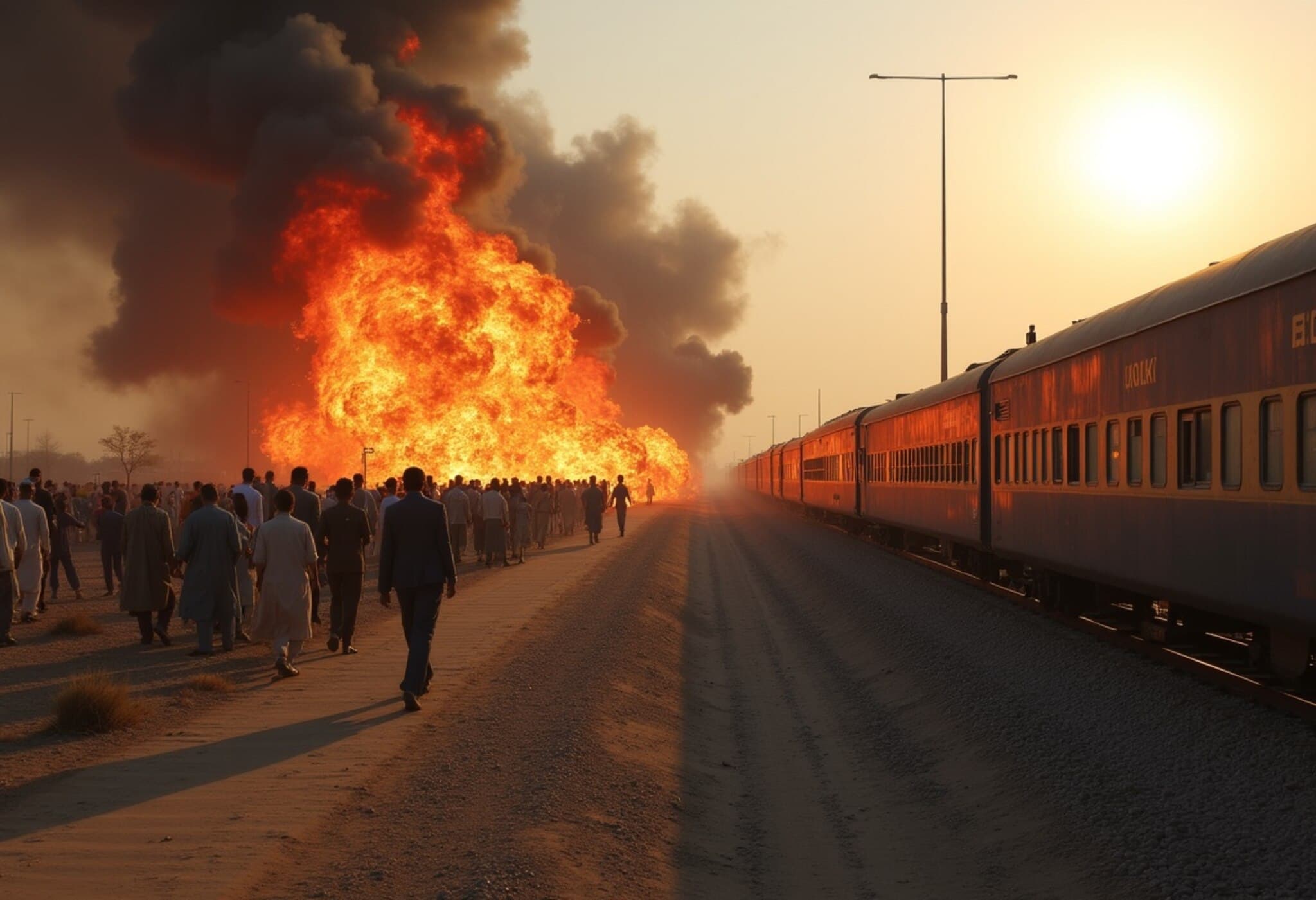China Voices Concern Over Attacks on Chinese Nationals in Pakistan
In a development that has raised eyebrows in diplomatic circles, Chinese Foreign Minister Wang Yi expressed strong dissatisfaction with Pakistan’s handling of security for Chinese citizens and investments, during a meeting with Pakistan Army Chief General Asim Munir. This interaction came amid a string of violent incidents targeting Chinese nationals and projects linked to the China-Pakistan Economic Corridor (CPEC), a flagship initiative under China’s Belt and Road Initiative (BRI).
High Tensions Amid Strategic Partnership
General Munir, fresh from his recent diplomatic engagements in Washington DC, may have anticipated a warmer reception in Beijing to further reinforce Sino-Pak ties. Instead, the meeting exposed underlying frustrations from Beijing about ongoing security lapses. Despite the longstanding description of Sino-Pak relations as an "all-weather strategic partnership," the repeated attacks point to deeper challenges that threaten this cooperation.
The Reality on the Ground: Security Challenges
Militant groups, notably the Baloch Liberation Army (BLA), have increasingly targeted Chinese infrastructure projects and personnel residing in Pakistan. These assaults not only jeopardize the safety of individuals but also hamper the progress of major projects such as Gwadar port—often lauded as the crown jewel of CPEC. Despite billions of dollars invested, the port’s development remains sluggish, partly due to these persistent security threats.
- Baloch Liberation Army (BLA): An insurgent group actively opposed to CPEC-related projects.
- Gwadar Port: Critical maritime node envisioned to boost China’s regional connectivity.
- China-Pakistan Economic Corridor (CPEC): A major infrastructure and development initiative central to Beijing’s BRI strategy.
Why Does This Matter?
The security of Chinese nationals and assets in Pakistan is not just a bilateral concern—it carries significant geopolitical and economic implications. The CPEC project is a cornerstone of China’s ambition to expand its influence and secure crucial trade routes. Failures on Pakistan’s part to provide adequate security could strain diplomatic relations and may push Beijing to reconsider the risk-reward balance of its investments in the region.
Expert Insights: The Complexity of Pakistan’s Security Landscape
From a policy perspective, Pakistan faces intricate internal security challenges—balancing various ethnic, nationalist, and militant groups while managing foreign partnerships. Experts point out that ensuring security for Chinese nationals requires not only military action but also robust intelligence cooperation and political stability in restive provinces like Balochistan. The Pakistan military’s capabilities are stretched thin, which further complicates this intricate juggling act.
Implications for U.S.-China-Pakistan Dynamics
Interestingly, General Munir’s visit to Washington DC prior to Beijing hints at Pakistan’s attempt to navigate a complex geopolitical triangle involving China and the United States. The U.S. has historically expressed concerns about China’s growing footprint in South Asia, and Pakistan’s positioning plays a critical role. Beijing’s recent pressure underscores the growing expectations on Pakistan to secure Chinese interests, potentially influencing future cooperation and aid from both superpowers.
Looking Ahead: What’s Next for Sino-Pak Security Cooperation?
As China presses Pakistan to clamp down on anti-China militant groups, the road ahead demands strategic recalibration. Key steps likely include:
- Enhanced intelligence sharing between Chinese and Pakistani security agencies.
- Increased military presence and rapid response units dedicated to protecting Chinese nationals and infrastructure.
- Political engagement with local communities in Balochistan to address grievances fueling insurgency.
- Potential reconsideration of project timelines or investment flows if security conditions do not improve.
The evolving narrative challenges Pakistan’s military leadership to demonstrate tangible progress in safeguarding one of their most critical partnerships.
Editor’s Note
The recent pressure from China on Pakistan’s military underscores a pivotal moment in Sino-Pak relations—where promise meets pragmatism. While the lofty ambitions of the China-Pakistan Economic Corridor symbolize regional connectivity and economic growth, the persistent security challenges highlight the complexities of geopolitical realities on the ground. For American policymakers and regional stakeholders, understanding these nuances is essential to anticipating shifts in South Asian stability and global power dynamics.

